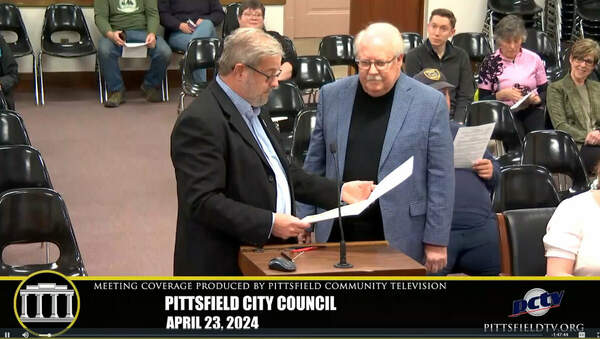Greylock Appoints New Member of Board of Directors
 |
PITTSFIELD, Mass. — Greylock Federal Credit Union has announced the selection of Kimberly A. Mathews as the newest member of the credit union’s volunteer Board of Directors.
Mathews replaces outgoing director J. Paul Dube who retired after serving 50 years on the board. Mathews’ term began April 21.
“We salute Paul and thank him for his extraordinary service to Greylock," Board Chairperson, Gerard E. Burke said. "We welcome Kim and look forward to having someone with her legal and financial background as the newest member of our volunteer board. In a changing financial environment, a diversity of talents and expertise is essential for our volunteer Board. Kim will certainly contribute to our efforts with the experience and perspectives she brings to the team.”
Mathews has served as senior vce president and general counsel at Legacy Bancorp in Pittsfield; general counsel at Developer Finance Corporation in Williamstown; associate attorney at Bacon & Wilson, P.C. in Springfield; and vice president and general counsel at Lenox HealthCare, Inc. in Lenox.
Mathews graduated magna cum laude with a bachelor’s degree from the University of New Hampshire and earned a J.D. from the University of Illinois at Urbana-Champaign College of Law. She was admitted to the Massachusetts Bar in 1996. Mathews serves on the boards of the Elizabeth Freeman Center, Suit YourSelf, Dalton Community Recreation Association, and St. Agnes Academy. She also volunteers for the Berkshire Center for Justice and has been accepted to the Master of Social Work program at Simmons School of Social Work beginning in September.
Tags: Greylock Federal,















